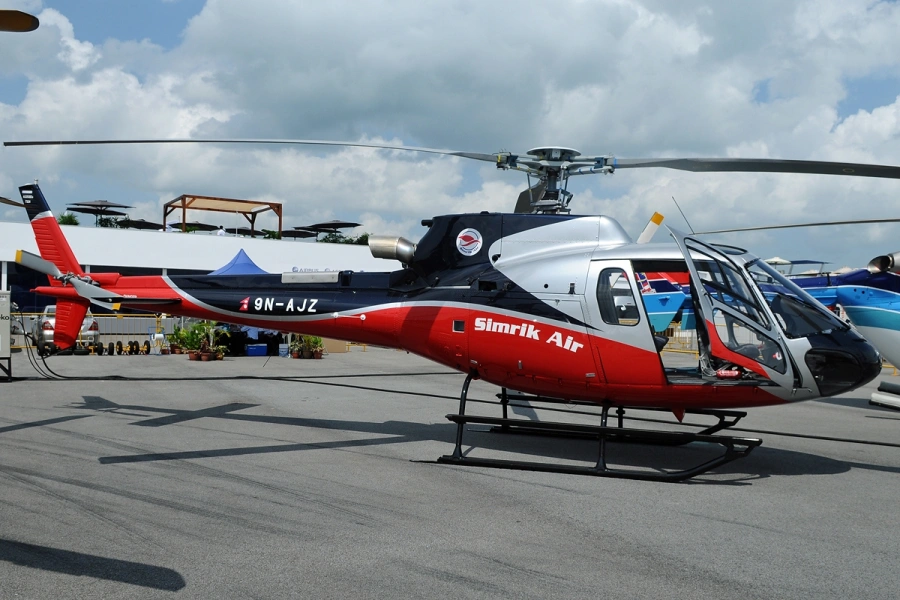KATHMANDU, Dec 31: Over the past three years, the hospitality sector in the country has witnessed significant growth, with the establishment of four five-star and 16 four-star hotels, according to data from the Department of Tourism (DoT). These additions include prominent establishments such as Hotel The Kingsbury in Birtamod, Hyatt Place in Tahachal, Ichha Hotel in Simara, and Hotel Lhasa International in Lazimpat.
The construction of five-star hotels, involving substantial investments, has the potential to significantly boost tourism in the country. For instance, Hotel The Kingsbury in Birtamode, with a total capital cost of Rs 2 billion and owned by Prakash Gotame, offers 82 rooms and 100 beds. Similarly, Hyatt Place in Tahachal, with a total cost of Rs 2.8 billion and owned by Shakti Kumar Golyan, boasts 153 rooms and 306 beds. Ichcha Hotel in Simara, with a similar investment and owned by Shakti Kumar Golyan, provides 89 rooms and 100 bed capacity. Hotel Lhasa International in Lazimpat, with a total cost of Rs 2.8 billion and owned by Dorje Gyalchen Lama, features 177 bed capacity and 107 rooms.
With the easing of the pandemic, the opening of star hotels is on the rise, and the influx of foreign tourists is gradually increasing, prompting more investments in the construction of such hotels. Notably, the expansion of star hotels is not confined to Kathmandu alone; it extends to locations beyond the capital.
78 hotels including star hotels listed for quarantining air pas...

In the last three years, 16 four-star hotels have been operational, with only one operating in Kathmandu. The remaining 15 four-star hotels are located outside Kathmandu, showcasing the industry's nationwide expansion. Hotel entrepreneurs appear keen on capitalizing on the substantial growth of four-star hotels, investing millions of rupees.
Binayak Shah, president of the Hotel Association Nepal (HAN), attributes this rapid growth to the country's economic development. He emphasizes Nepal's tourism potential, strategically positioned between China and India, and envisions increased connectivity and simplified infrastructure to further boost tourism.
Shah notes the positive impact of Gautam Buddha and Pokhara Regional International Airports, in addition to Tribhuvan International Airport, on the hotel business. The anticipation of two more international airports has spurred investor confidence, with expectations of a surge in foreign tourist arrivals.
Hotels, categorized based on their star rating, are expected to meet specific standards, including physical services, quality food, cleanliness, parking facilities, and more. Higher-tier hotels, starting from four stars, offer a diverse range of international cuisine, mandatory amenities like swimming pools, international-standard beauty salons, and ample parking capacity.
Regulations within the Kathmandu Valley stipulate the minimum room requirements for hotels: 20 rooms for one-star hotels, 40 for two-star hotels, 60 for three-star hotels, 80 for four-star hotels, 100 for five-star hotels, and 150 for five-star deluxe hotels.




































